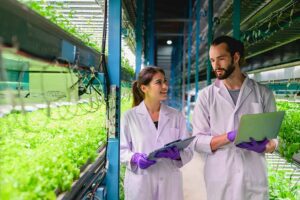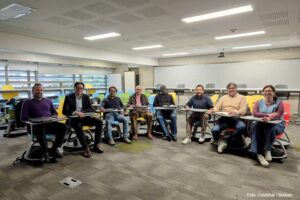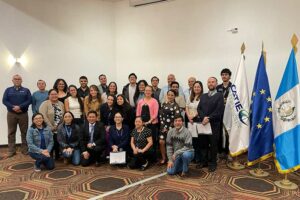KoLFACI and CATIE Launch Project to Evaluate Pruning Technologies and Identify Promising Coffee Materials Against Climate Change
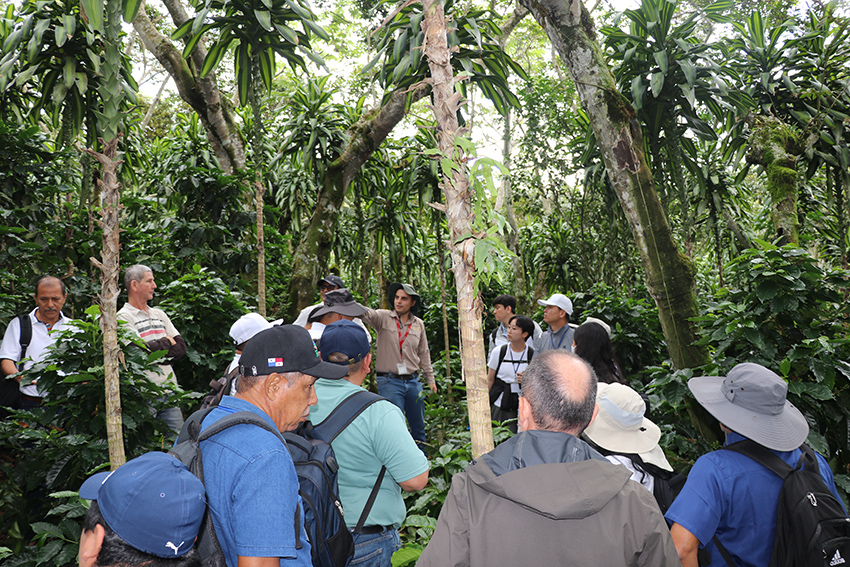
- Aiming for a sustainable future for coffee amidst climate change
The Tropical Agricultural Research and Higher Education Center (CATIE), in collaboration with the Korean Latin American Food and Agriculture Initiative (KoLFACI) and the Rural Development Administration of the Republic of Korea (RDA), has announced the launch of the project "Evaluation of Pruning Technologies and Identification of Promising Coffee Materials Against Climate Change in Latin America and the Caribbean".
This project, which will run from January 2024 to December 2026, marks the continuation of joint efforts made to increase sustainable coffee production in the region, which began with the project “Participatory research on varieties and types of pruning, with fertilization programs to increase sustainable coffee production for small producers”.
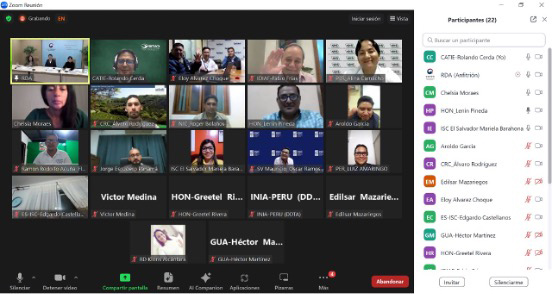
Following the success of this project, which was developed from July 2020 to September 2023 in eight Latin American countries, a network of 46 coffee trials was implemented to evaluate more than 100 technologies, resulting from the combination of different varieties and types of pruning. Although the results are still preliminary, the positive impact on the producing families has been evident, providing them the opportunity to know and adopt new pruning and crop management technologies, which has resulted in a more vigorous coffee and, in some cases, higher productivity.
The project not only benefited the producing families but also contributed to the capacity building of technical personnel and the student community involved in coffee cultivation. The promotion of technologies among neighboring producer families expanded the project's reach, maximizing its impact.
Given that the project provided promising results, KoLFACI and RDA decided to support a second phase of research, which will generate more data to support the recommendations of the different technologies that prove to be the most promising in each country.
With this support, the project “Evaluation of Pruning Technologies and Identification of Promising Coffee Materials Against Climate Change in Latin America and the Caribbean" was officially announced on February 27, in a virtual meeting.
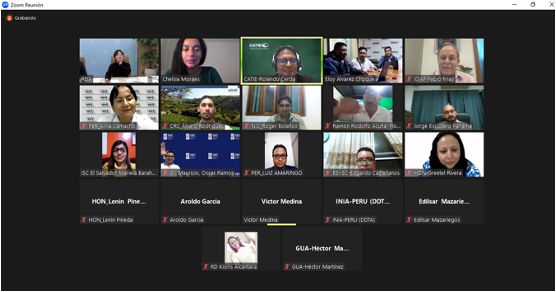
The meeting was attended by representatives from KoLFACI, CATIE, and the hosting institutions and partner institutions from the 9 countries where the project is implemented (Bolivia, Peru, Panama, Costa Rica, Nicaragua, Guatemala, El Salvador, Honduras, and the Dominican Republic).
Over the next three years, the project will focus on the evaluation of technologies derived from the combination of different varieties and types of pruning, as well as the identification of genetic materials with the potential to adapt to the effects of climate change, such as high temperatures, droughts, and the increase of pests and diseases.
This initiative seeks not only to strengthen knowledge about coffee cultivation in the region but also to ensure the future of small and medium-sized producing families in the face of climate change challenges.
More information:
Chelsia Moraes
Researcher
Agroforestry and Coffee and Cocoa Genetic Improvement Unit
CATIE
cmoraes@catie.ac.cr
Written by:
Karla Salazar Leiva
Communications Officer
Communications and Marketing Office
CATIE
karla.salazar@catie.ac.cr

